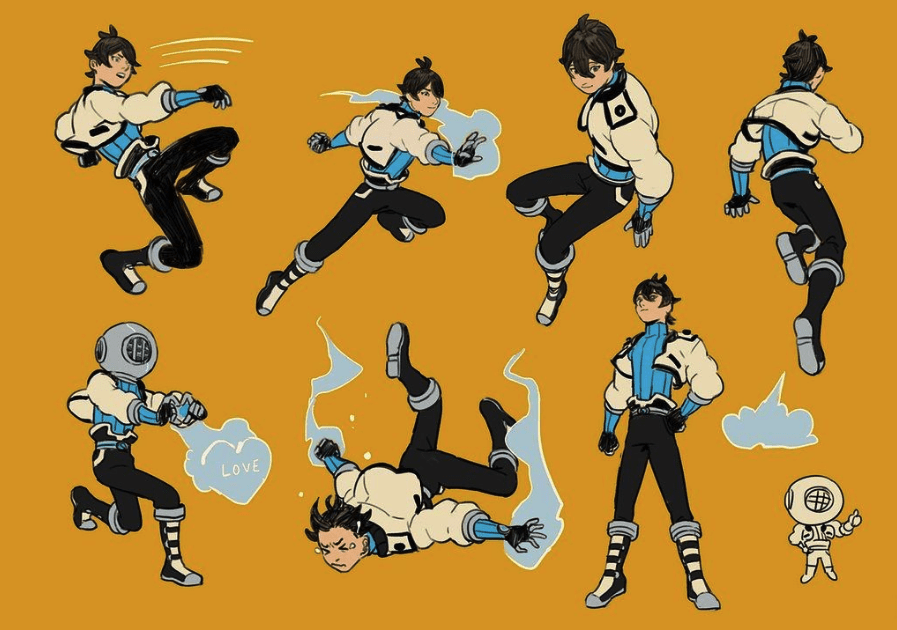
How Agile is Your Career?
28th Nov 2019
Last week I was part of a panel at which final year MBA students presented their career strategies for their post-MBA life. This was their final hurdle to completing their MBA at the Auckland Business School, and part of a course called ‘Coaching For Change’ that I’ve delivered there for the past eight years.
What always strikes me is the deep insight these students have into the fast-changing world of work and the implications for how they need to take charge of their careers and stay agile.
Here are the key themes that the students incorporated into their career strategies:
- Be purpose-led and values-driven
After a few years of teaching this course, I’ve found that the students who are most satisfied with their career progression down the track are the ones who locked onto their life purpose and values early on. And – here’s the cool thing – their purpose isn’t about them. It’s about the difference they want to make in their wider world. In a sea of constant change, your sense of purpose and values are your anchors to help you stay true and make your mark.
- Be a network builder
Most students admitted they hate ‘networking’. However, they embraced the idea of deliberately building a diverse, rich network over time. Healthy networks are a proven way to help your career thrive. They give you access to fresh ideas and opportunities, different perspectives and trusted sounding boards. The trick? It’s about making network-building a way of life, not simply suffering through networking events.
- Have a sounding board
Pretty much every student identified the importance of having a sounding board – a coach, mentor or trusted colleague – to periodically check-in with, sense-check their thinking, and keep them true to their intentions. Who’s that for you?
- Do your thinking early
Over the 10-week course, students relished the opportunity to think about their long-term career goals. They learned how to be on the front foot to capitalise on the changing world of work, not just be ‘subject to’ it. My aim in this course is to equip these future leaders with mindsets and toolsets to create a future worth having while navigating rapid change. Don’t wait until you hate your job to think about your career. Set a longer-term ‘direction of travel’, and keep scanning.
- Have a plan, and be prepared to change it
Each student had a career plan for the next three years. The best students recognised that the world changes, and they change. So plans need to be reviewed and updated regularly. It’s a smart move to build in six-monthly review points, and partnering with a sounding board (see point 3). It’s the experimentalist mindset at play.
Against a backdrop where the work landscape is changing rapidly (The World Economic Forum’s research estimates that there’ll be a 42% shift in required workforce skills by 2022), it’s imperative that we’re always scanning the landscape, learning new skills and willing to let go of the past to embrace a new future. “What got you here, won’t get you there.” (Thanks, Marshall Goldsmith).
Wearing an organisational lens, if we want our talent be engaged, show up at their best and deliver amazing work, it’s a smart move to equip them for a future where they can continue to be active and valuable contributors.
For more like this, check out:
And here’s a cool tool: The Leadership Network Diagnostic
Image Credit http://listkota.com/art/
Like this post? When you’re ready, here are three ways I can help you further:
- Sign up to my ‘Thinking from the Edge’ newsletter to get tips, insights and early release information that I don’t share on the usual social channels. Delivered fortnightly to your inbox.
- Get my book, Change Makers: How to make your mark with more impact and less drama. It’s available here.
- Come along to one of my Change Makers breakfast sessions to learn more about how this game-changing programme can amplify you and your people’s ability to have more impact

